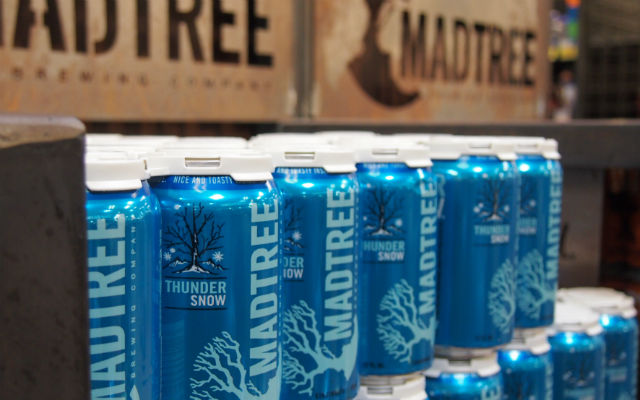
Ensuring fresh beer to the consumer is a vital part of the business and many breweries say it’s not just one person’s responsibility to make sure it stays that way.
From the brewery’s in-house personnel, to sales reps, wholesalers, delivery drivers and even retail and on-premise sellers, keeping that quality is paramount to repeat sales.
“It’s a partnership,” said MadTree Brewing co-founder Brady Duncan. “Our distributors are physically taking orders but our brewery reps also watch inventories pretty closely as well.”
Jacob Talley, the CEO for Tin Roof Brewing said everyone on his staff is willing and responsible for checking beer in on and off-premise accounts.
“Production staff, management, sales staff and ownership have all pitched in to keep an eye on inventory,” he said.
For Jen Kimmich at Alchemist, the brewery owns and operates its own distribution.
“This is a lot of work, but at the end of the day, it is well worth it to have total control of our beer — from crafting to packaging to delivering and stocking retail shelves,” she said, noting that the Vermont brewery employs three full-time drivers. Two of the drivers operate refrigerated vehicles to the brewery’s 250-plus accounts and the other driver makes daily deliveries of Heady Topper to the Stowe brewery.
The brewery will fill cans of Heady Topper on Monday morning, and the beer goes directly from the canning line into one of the refrigerated trucks.The driver makes the delivery and is responsible for making sure it is kept cold.
“Our drivers are also some of our best ambassadors,” Kimmich said. “For our restaurant and bar accounts, they always check to see if there is any remaining beer in the cooler from the previous delivery and if there is, we make sure their beer is rotated. Sometimes we will skip a delivery if we think they have enough to make it through the week.”
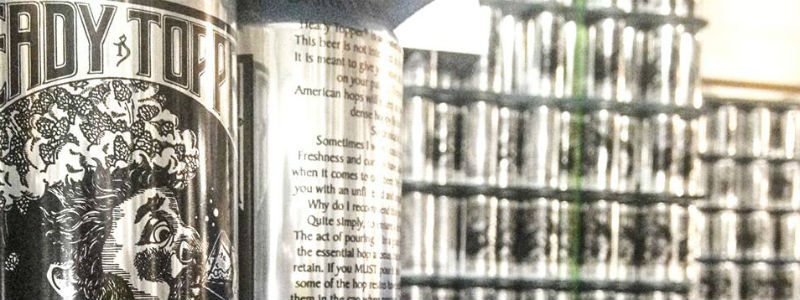
Kimmich and her husband John, along with other staff members, regularly check in with accounts to make sure beer is cold and that the pricing is fair.
“Our employees are such great team players and they all take such pride in what we do,” she said. “They always have their eyes open and report back when they think there is an issue of price gouging or an account not keeping beer cold.”
Duncan said freshness ‘is in our DNA’ and he considers quality just a part of the distribution ecosystem for MadTree.
“Our distributors, Cavalier and Beer House, take quality as serious as we do,” he said. “Their reps and our brewery reps are constantly checking code dates and rotating stock within the legalities of state laws. The best thing we can do as a brewery is to keep inventory tight.”
Ideally Duncan said the brewery is running 1-2 weeks on hoppy beers and 2-3 weeks on everything else. He noted that past code beer gets pulled from the account.
“Our employees don’t like drinking old beer so there is no reason to expect our consumers to,” he said.
Heavy Seas‘ QA/QC Lab Team Leader, Megan Schwarz said that Heavy Seas has a five-month shelf life for all brands and says that is a longer than some because of quality checks throughout the process.
“We track fermentation, plate for microbiological contamination, and taste every batch at least three times before it leaves the building,” she said. “Focusing on total package oxygen (TPO) is another huge contributor to keeping beer fresh on shelves.”
Talley said there is no perfect system to always ensure that everything is “in code”, so his team will get back close-dated product from accounts and distributors through whatever means necessary when they know about it.
“We’ve had taproom employees buy back beer from accounts at full retail,” he said. “Typically, the only time we are asked to buy back beer from distributors is during seasonal transition periods because we keep a tight inventory level, from a production standpoint.”

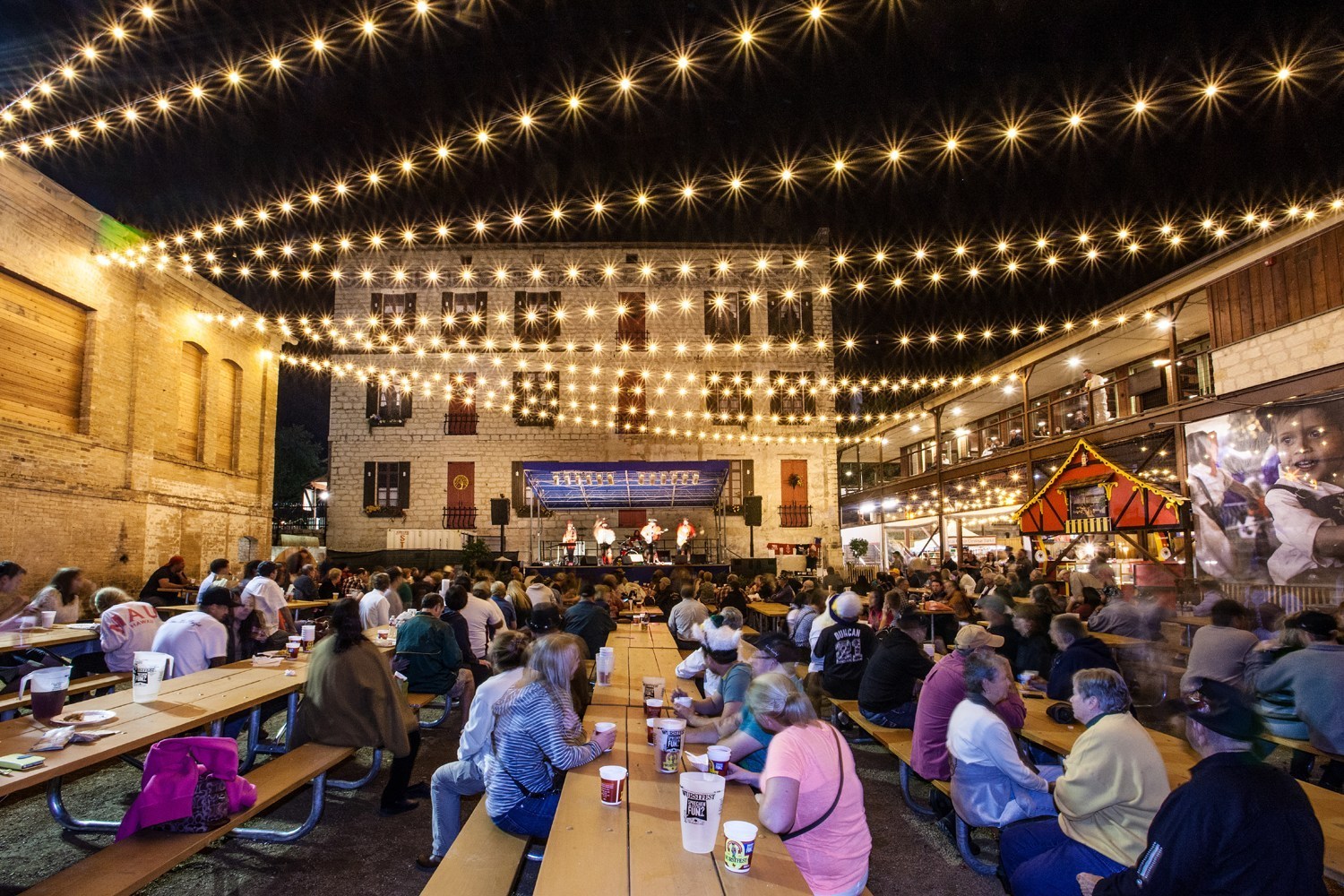
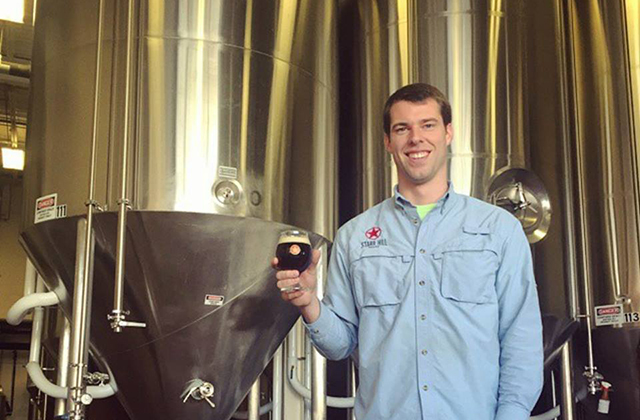
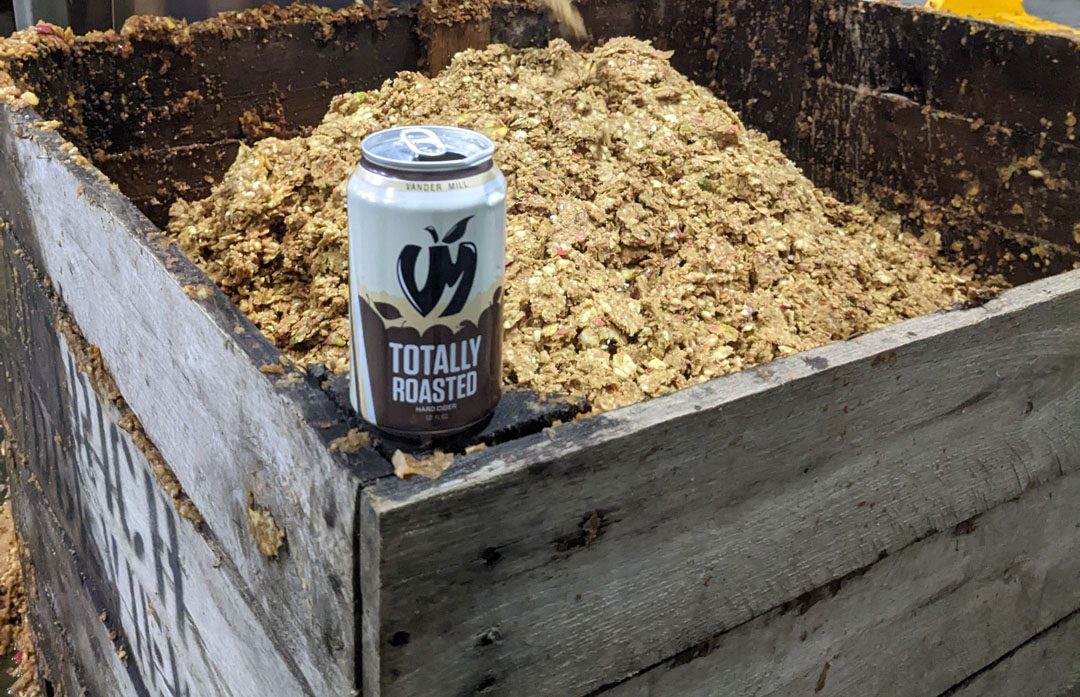
2 Trackbacks / Pingbacks